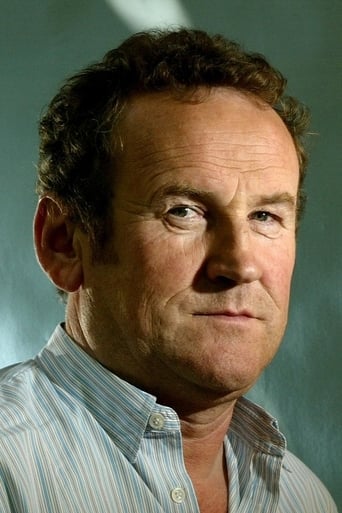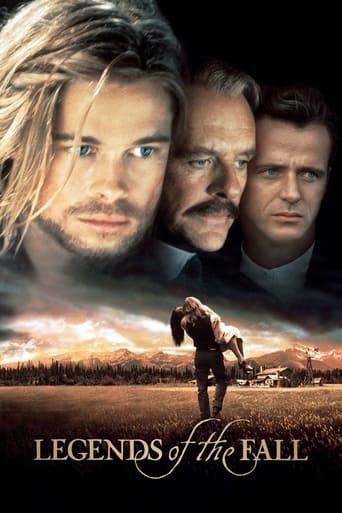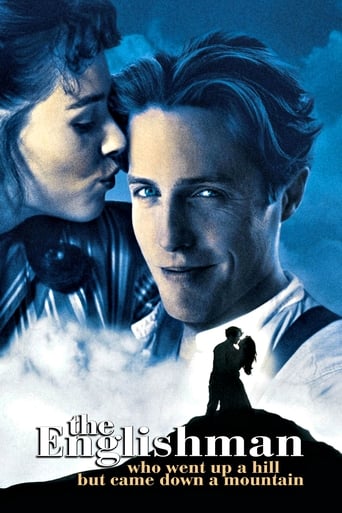
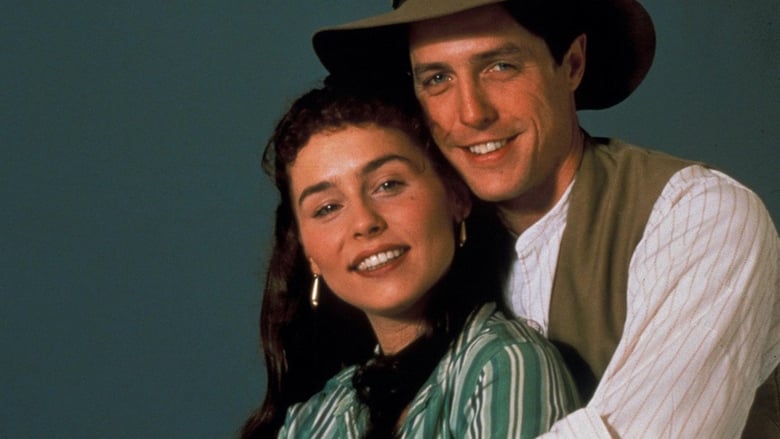
The Englishman Who Went Up a Hill But Came Down a Mountain (1995)
When an English cartographer arrives in Wales to tell the residents of the Welsh village of Ffynnon Garw that their 'mountain' is only a hill, the offended community sets out to remedy the situation.
Watch Trailer
Cast
Similar titles
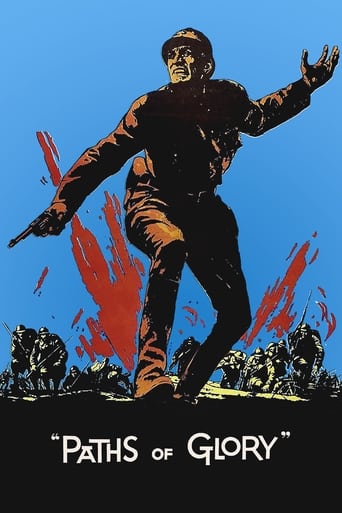
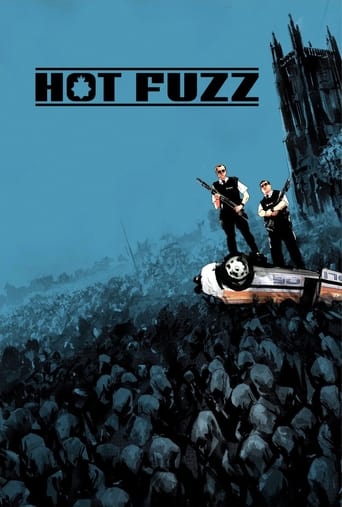
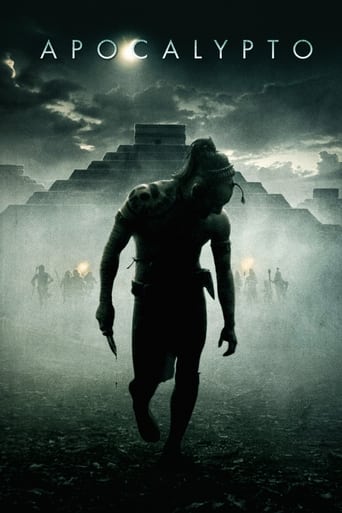

Reviews
It's entirely possible that sending the audience out feeling lousy was intentional
Let me be very fair here, this is not the best movie in my opinion. But, this movie is fun, it has purpose and is very enjoyable to watch.
Exactly the movie you think it is, but not the movie you want it to be.
All of these films share one commonality, that being a kind of emotional center that humanizes a cast of monsters.
I watched this last night for the third or fourth time, this time with my 12-year-old daughter, who enjoyed it too. It is a movie full of delight, from its whimsical title, its vibrant characters, its gorgeous sets and settings to the original and refreshing story. While the hardships and heartbreaks of the war are by no means denied and the effects on the village clearly shown, the story remains cheerful and uplifting, celebrating a vigorous and captivating sense of community. A true feel-good movie.I would give this movie ten stars if they had cast someone else as Reginald Anson. Seeing Hugh Grant doing his eternal shtick of stammering embarrassment is grating; it detracts from the story by evoking his other roles and it is overall nowhere near as charming as the movie makers seem to think.
Others have described the plot of this film. I just add my praise to that of a few other reviewers who saw much more than the gentle comedy in "The Englishman Who Went Up a Hill " The movie was filmed in Wales, and gives us some nice scenic shots of the countryside, with the mountain/hill. But much of the enjoyment of this film is in the character studies. It so nicely gives us a look at several people and their "Welshness." I can't say how folks from Wales may like the depictions; but they are curious, warm, friendly, and very real people shown in this film. All the acting is first-rate. Colm Meany and Kenneth Griffith play wonderfully off each other as pub-owner Morgan the Goat and Reverend Jones, respectively. Hugh Grant is very good in one of his most laid back comedy roles – here as a naturally shy young veteran from WW I. Tara Fitzgerald is very good as Betty. The rest of the cast make up a wonderful variety of different, if not eccentric, characters. This is not a comedy of rip-roaring laughter. It isn't loaded with sight-gags, or witty one-liners. There are a few clever lines, but the comedy of this film is in the everyday lives of the people of this Welsh community, and in the cunning to rouse the community to deal with a mountain of a problem. It is a very clean film, suitable for all ages and audiences. As many others have noted, it's a comedy of warmth that makes one feel good at its end. This film isn't for modern movie-goers who must have a constant flow of adrenalin. Or maybe it is – to help slow them down so they can learn to smell the roses along the way. Regarding the town's problem, it's interesting that there don't seem to be any real set standards for designation of mountains versus hills. The sources I checked seem to agree that the difference is more in the degree of steepness, rather than actual height. Funny though, that the 1,000-foot mark of distinction seemed to come from the U.S., where the British favored more a 2,000-foot mark. The outside scenes of this movie were filmed at Gyrn Moelfre, a hill or mountain in northeast Wales near the border with England. It has an elevation of 1,716 feet above sea level. But it rises just 778 feet above the surrounding terrain. The movie shows people climbing the hill on a trail with switchbacks. Indeed, climbing any hill of good size gives one the "feel" of having scaled a small mountain.The story came from one that director Christopher Monger heard from his grandfather about the village of Ffynnon Taf (Taff's Well), and it's nearby mountain/hill, Ffynnon Garw (Garth Hill). It's located just a few miles north of Cardiff. But because of modern growth, the movie was filmed further away in the middle of Wales near Liansilin.
The Englishman Who Went Up a Hill But Came Down a Mountain is a film that reminds me of The Dish. These are two films that are charming and even modest. Qualities you don't usually find in the Hollywood mainstream nowadays. Another similarity they share is that they both feature monumental events that happen to rural, smalltown folk, and they're directed by natives to they're respective areas. In this film's case, Wales.Set in 1917, in the town of Ffynnon Garw (Welsh names are the worst!), two cartographers Reginald Anson and George Garrad (Hugh Grant and Ian McNeice) pay a visit to survey the land. Their primary interest is to measure the town's local mountain, something the townspeople take great pride in. But they're in for a rude awakening when Anson & Garrad discover they're 'mountain' is not a mountain at all. Just a really large hill.A mountain has to be at least 1000 feet. Ffynnon Garw's hill measures up to 980 feet tops. So its a big hill to be sure. But its still just a hill. The townspeople are devastated to learn this. So they set a plan in motion. Morgan the Goat (Colm Meaney), the town's local barkeep rallies the people together to build an extra mound on top of their hill, and turn it into a mountain.TEWWUAHBCDAM is a film of simple pleasures. But that's where its appeal lies. These people are so incensed by this apparent loss to their culture that they're prepared to bend the rules to restore their former glory. And who wouldn't love the film's idea of transforming a hill into a mountain by just going that little extra distance?The building of the mountain becomes a unifying force for the town and a newfound symbol of hope. Especially since these people have lost a lot of their self-esteem and drive because of WW1. But this new project brings them together and helps them to get back a lot of their faith in themselves. And director Christopher Monger puts these points across without hammering them home.Hugh Grant is not one of my favourite actors in the world. I personally think he's an annoyingly pretentious performer. The only time he's ever watchable is when he's served by an engaging storyline or a witty screenplay. And this film happens to be one of them. He basically falls into his standard, one-note style of acting throughout. In other words, bumbling, foppish and stammering. But at least the intensely likable storytelling allows his character to prevail, despite Grant's shortcomings as an actor.The supporting cast are quite a different kettle of fish. They're all wonderful, and they all have something to add.Colm Meaney's Morgan is my favourite of all the townsfolk. His character is interesting because he swings between ambiguous extremes. Someone who is on the one hand a concerned member of the community, and on the other a self-serving huckster prepared to use the town's dilemma to profit from it. Its a well written part, and well played too by the underrated Colm Meaney.This being a Hugh Grant film, there has to be a love interest for him. And Tara Fitzgerald is superb as Betty from Cardiff. She's not only here as a romantic love interest, but her role is tied into the plot too. She's there to keep Anson distracted while the townsfolk build they're mountain. She'll keep him from leaving town, and when the mountain is ready, he can re-measure it, and put things to rights.Tara Fitzgerald may be a little too modern for a Welsh lass of 1917, but I liked her spirited, twinkly eyed flirtatiousness. Her relationship with Grant is never more than amiable, but she's so appealing in the role, you really are convinced that Anson would be prepared to settle down with her. I know I would!Monger adds the occasional hindrance to increase tension. Such as a torrential downpour that could make short work of the townspeople's hard work. But that all comes with the territory. And the final scene. Where the town vicar passes away on the hill, and his buried earth is used to complete the mountain is clever and moving too.The question of whether or not they'll finish they're mountain is hardly a mystery. But did you really want anything less? Complimented by a lovely lyrical musical score, The Englishman Who Went Up a Hill But Came Down a Mountain is a gently amusing unappreciated treat, and one of the few gracious films to be seen on TV nowadays.
I know the area where this film was made and I have met many of the locals who's lives were affected by the film crews. People's windows were removed and replaced with older looking ones, some residents were sent on fully expensed holidays and telephone poles were taken down.Most of the remarks I heard were quite negative, but at least the local pubs and hotels were full. Hugh and the other stars stayed at the Lake Vrnwy Hotel which is about 7 miles away from Llanraedr Ym Mochnant the village where the pub, garage etc were situated.The pub in the movie wasn't a pub at all, but it is now. After the film crew packed up, the Hargest sign in the shop next door was left and is still there.The police station was fake and is actually the village bus shelter which had a structure built around it.The butchers is real and a very good butchers it is too. Run by Roger Evans for many years now, his wife played a small part in the film, she appears at the school and announces "we've come for the children".The mountain which is shown in the film looming over the background of the village, is actually three miles away at Peny Bont Fawr. I've spent considerable time in the locality, staying at Peny Bont and I always called it Hugh Grant's mountain.There are some very nice pubs in the area and the scenery is breath taking. If you are in Llanraedr, you can drive up to the Pystil Falls, the highest waterfall in Wales.Go in late spring and the falls are at their fullest, following the melting of the mountain snows.Incidentally, the pub that wasn't a pub is now a real pub and has been for about 4 years now.


